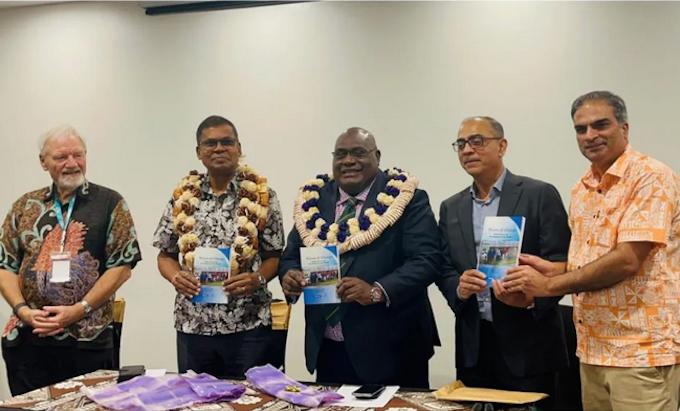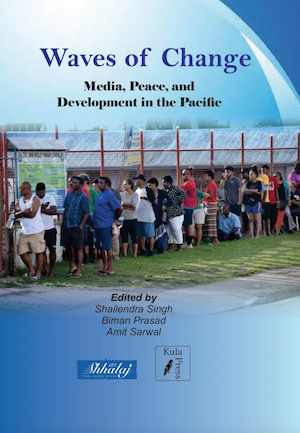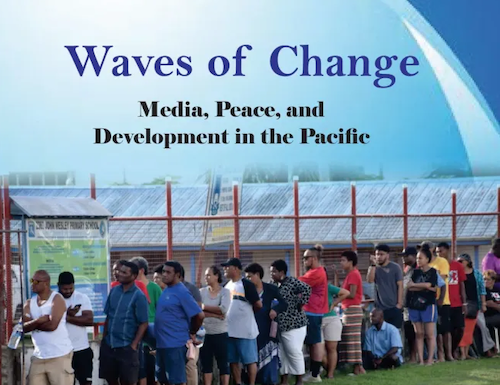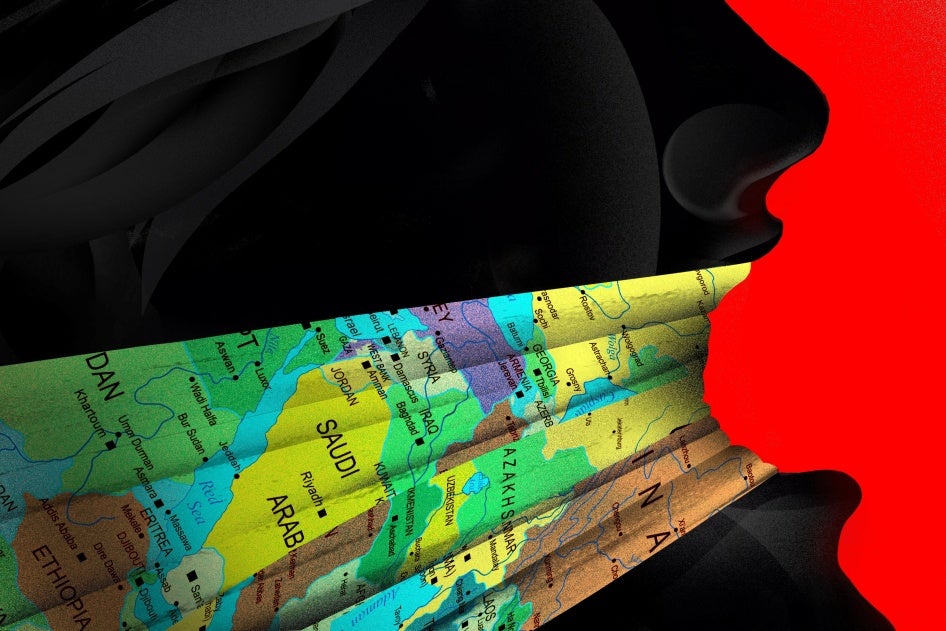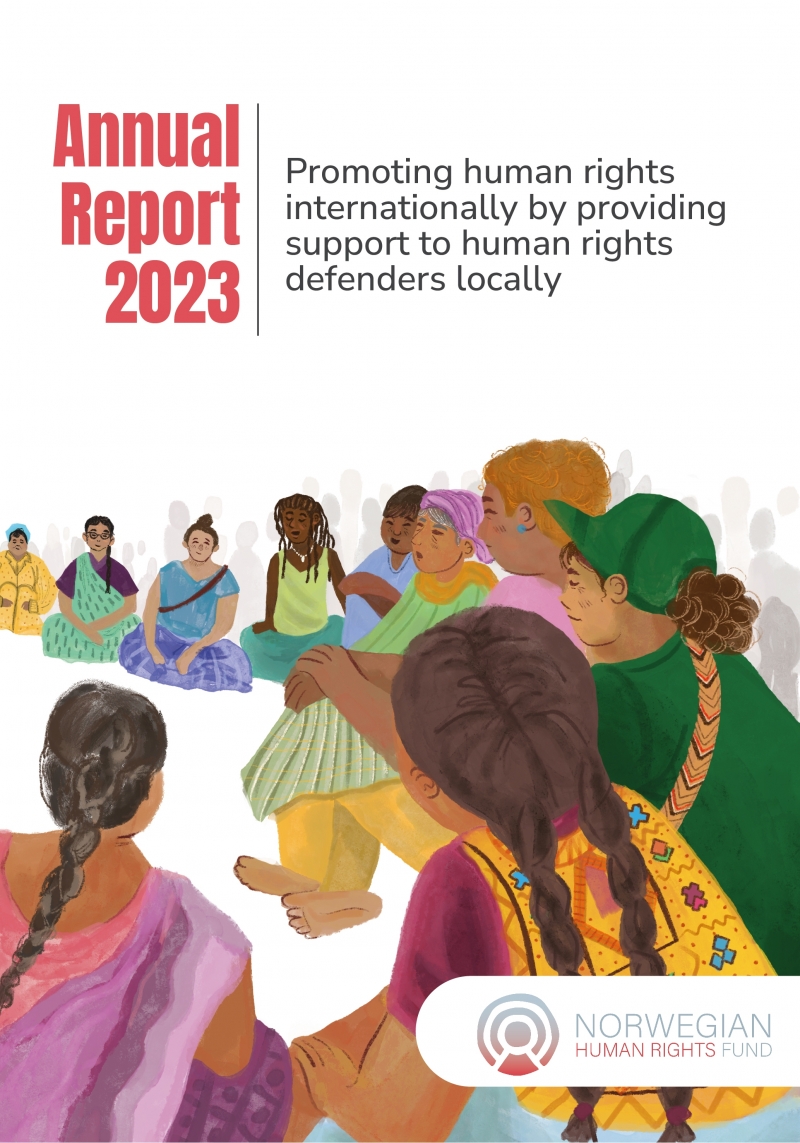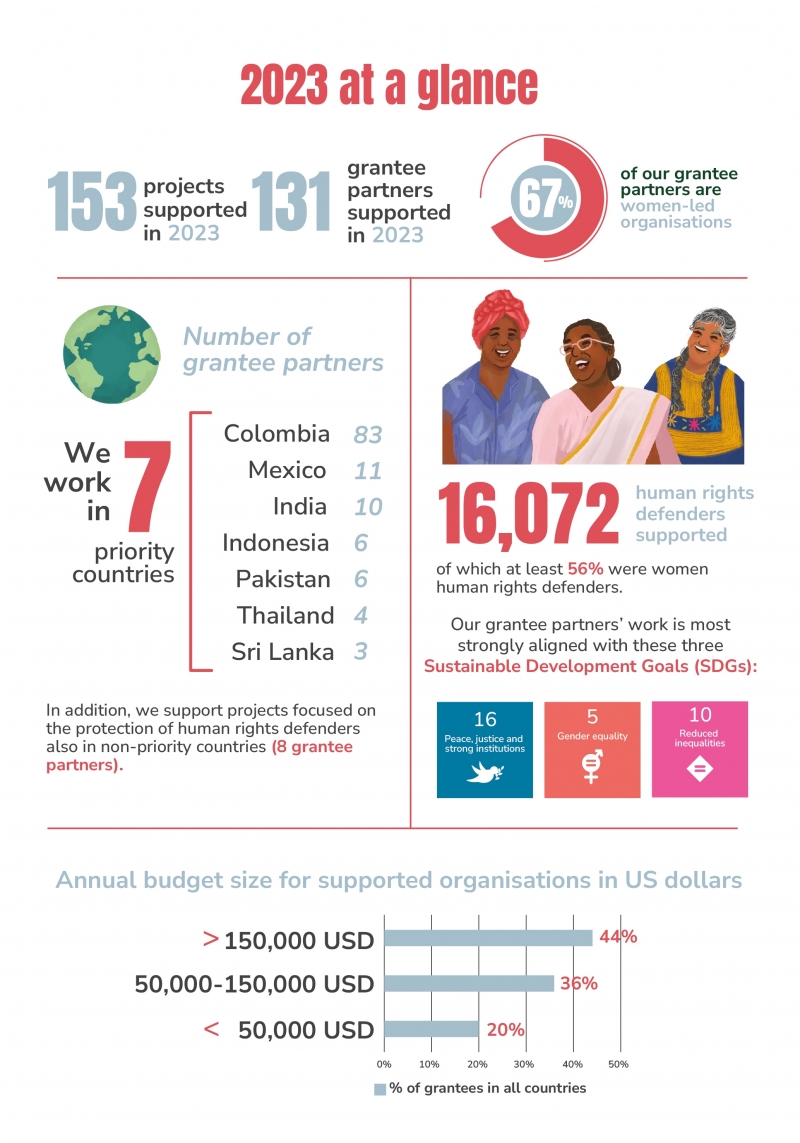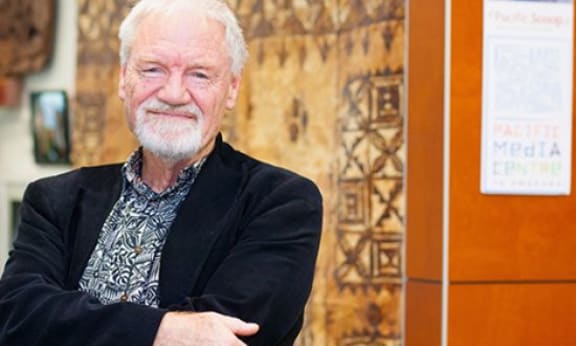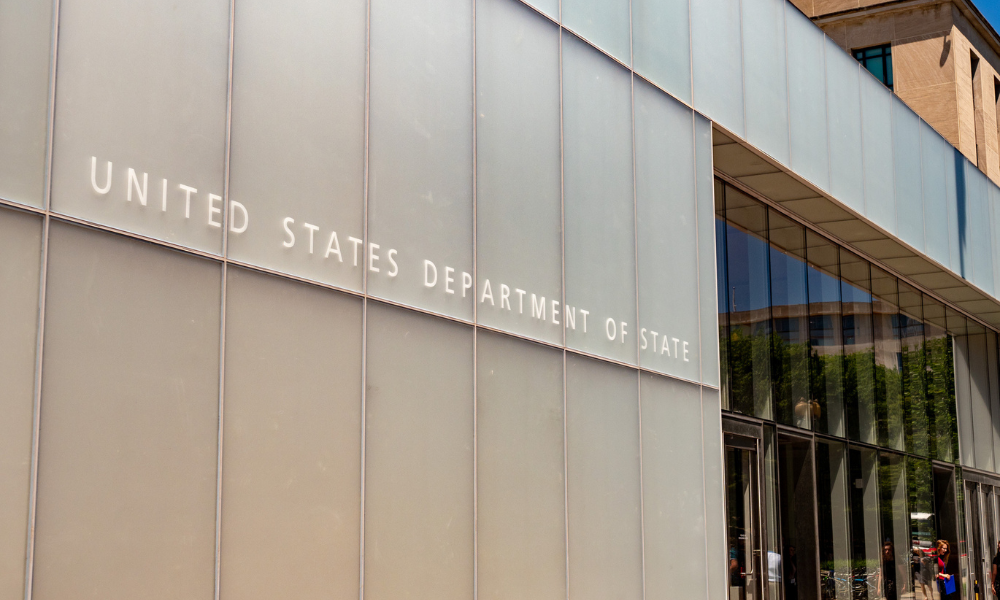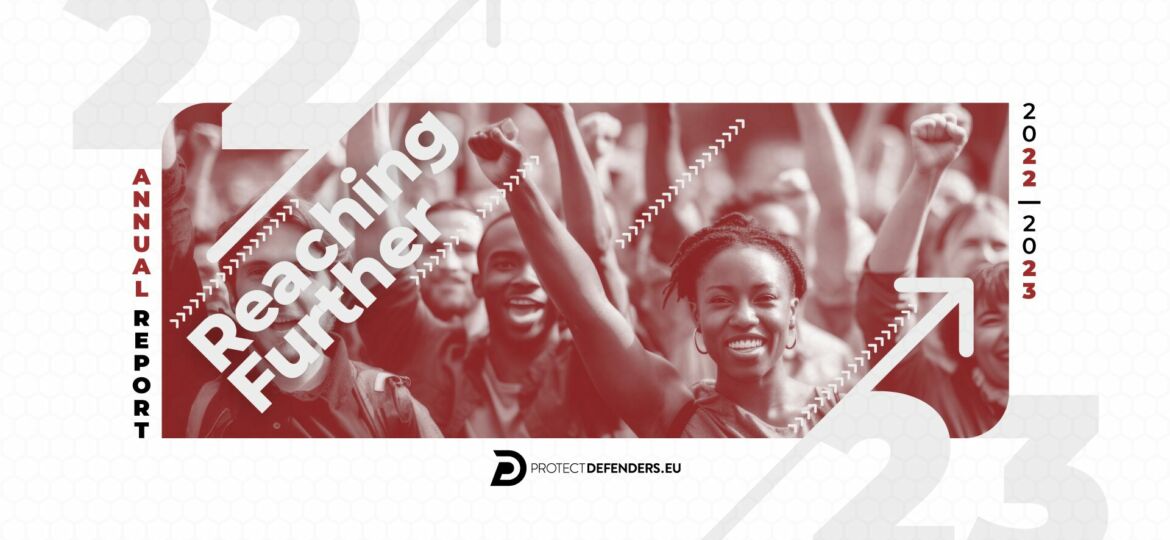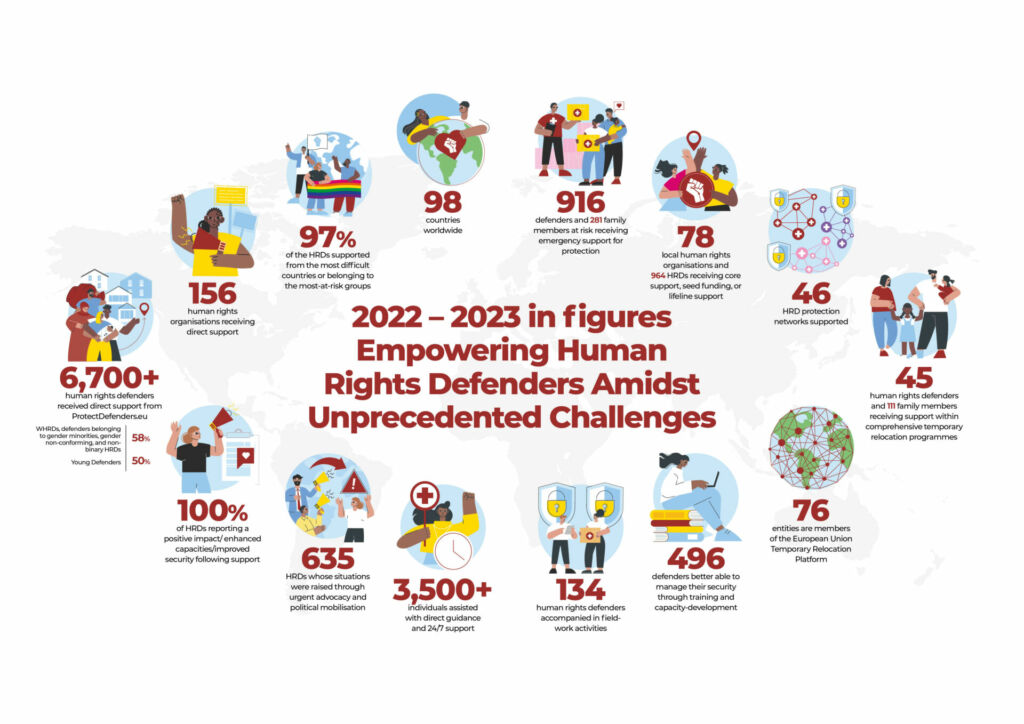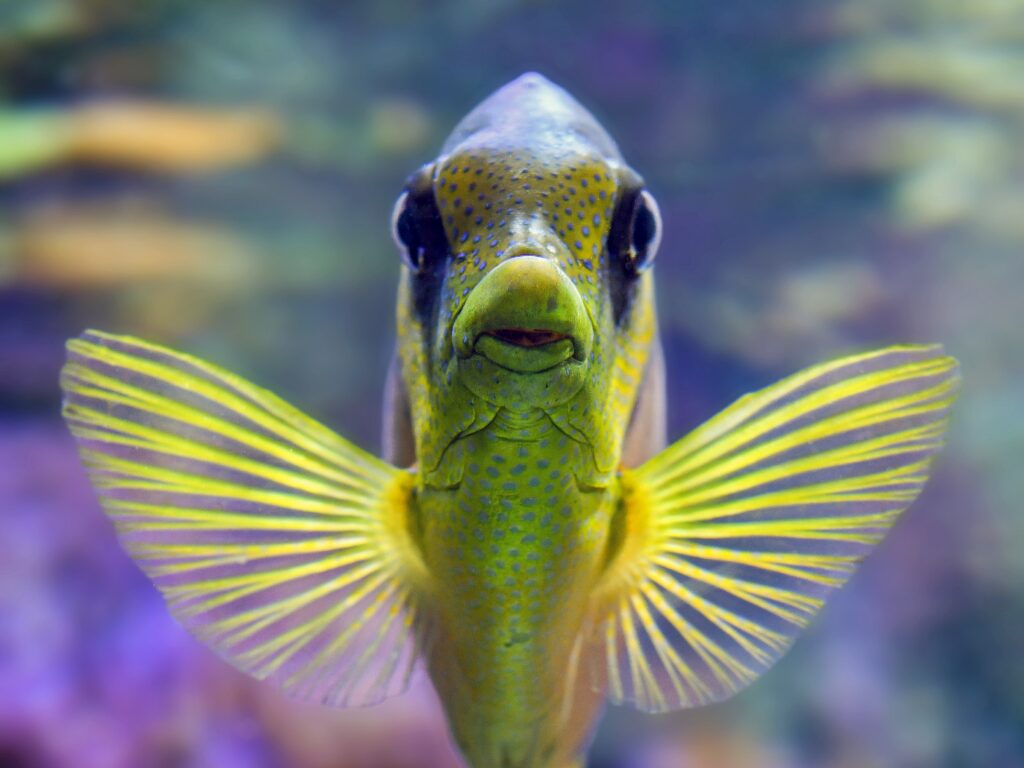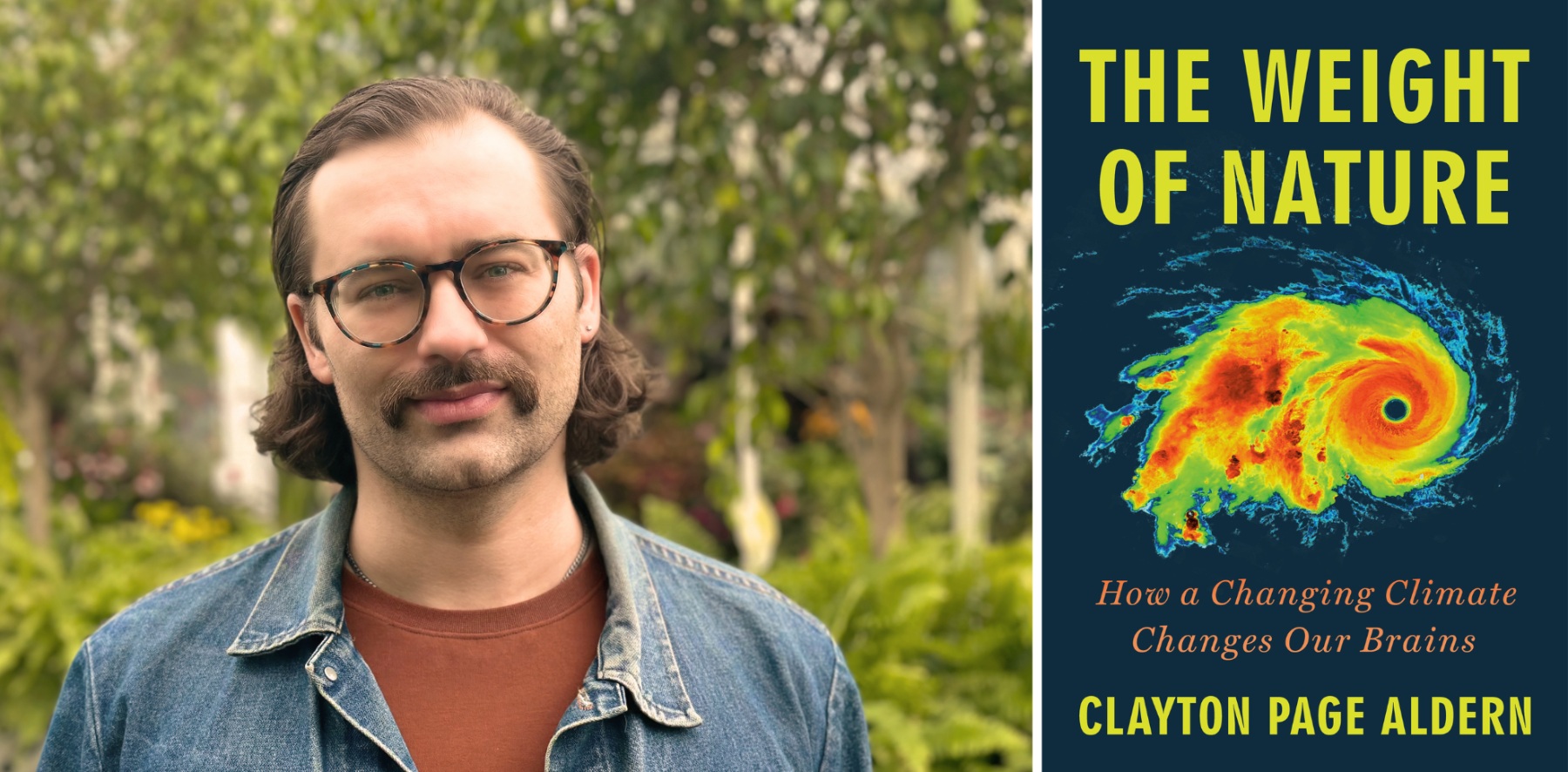By Matt Pointon
I first came across Karen Armstrong way back in 2007. I read her masterful A History of God and found sweeping account of how mankind has perceived God over the centuries and cultures.
I became a convert and hoovered up numerous of her works, including The Great Transformation, The Battle for God, Buddha, and many more.
However, until opening up Through the Narrow Gate, I had never read anything about Armstrong herself and her own, intense, spiritual journey.
Unlike her other works, Through the Narrow Gate charts seven years of her early life, from 1962 when she decided to become a nun aged interfaith seventeen, to 1969 when she left the convent.
It follows her entering the nunnery as a postulate, her two years as a novice and then her time as a fully-ordained nun including the period when she studied at Oxford for her degree.
That, though, is merely the outline. Within the pages – excellently-written as one comes to expect from Armstrong – are harrowing accounts of physical and mental abuse, anorexia, a mental breakdown, and intense spiritual searching.
I was gripped from beginning to end.
The world that Armstrong describes, immediately prior to Vatican II, was one of a fossilised Victorian spirituality set in amidst the Swinging Sixties.
It is gone now – and from what one reads in the book, that is no bad thing – but her message is still relevant today.
The book pulls on the heart-strings because we can all identify with Armstrong.
Yes, she is young and naïve, but her intentions are pure. She finds normal, materialistic society unsatisfying and yearns for an alternative.
She yearns for God and tries her utmost to find Him through the structure of the Order she has entered.
Yet so much of that Order seems to us, the modern reader, as fundamentally opposed to all that God is. God is Love we are told, yet within the convent, friendship is not difficult but actively discouraged.
As one sister puts it: “[Seek the] Blessing of Loneliness… it gives you a chance to realise your dependence on God, to rely on Him alone”.
Armstrong starves herself of compassion and company and suffers for it. Nor is she the only one.
The episode that touched me most of all was the devastation Mother Imelda felt when her cat, Ming, was hurt. Deprived of human warmth, she looked elsewhere to animals for what her soul needed.
Other types of love are twisted out of all recognition too. The priest, as lonely and frustrated as the nuns, sexually assaults Armstrong, whilst the nuns themselves are shockingly ignorant of their own bodies, kept in a pre-pubescent state by the regime.
Armstrong herself puts it best:
“I’m a better nun now than I ever was in the Cloister. You can be so fearful of loving other people more than God that you can be downright uncharitable.
Surely it is better to love others, however messy and imperfect the involvement, than to allow one’s capacity for love to harden.”
The repression of love is not the only battle she has to fight. The Order aims to kill the individual so that a new, “godlier” being may emerge:
“Only when her old worldly self has been smashed to pieces can God build up from the rubble a new, Christ-centred individual”.
Yet all that this process seems to achieve is a suppression of critical thinking and the institution of blind obedience.
Tellingly, it is when Armstrong begins studying at university, where critical thinking is encouraged, that the whole edifice crumbles.
Today, the number of nuns in religious orders has shrunk dramatically over the decades since Armstrong’s experience. And the nunneries themselves are much more liberal and open. Yet the message remains pertinent.

Whilst the Catholic Church may have done a lot to purge itself of its demons, other conservative, closed faith settings exist where egos are demolished, and women are forced into a straitjacket of domesticated obedience enforced by mental, physical, financial, and spiritual abuse.
They might not be in nunneries, but there are stark parallels between the tales of Armstrong and individuals like Yasmine Mohammed and Deborah Feldman.
Crucially, the antidote to the misogyny and abuse is always the same: contact with the wider world, friendship and love, connections with those who are not in the bubble.
No matter how much she suffered physically or mentally, Armstrong endured within the convent. When put in contact with the world and critical thinking, it only took two years before she left.
Yet even after leaving, like the soldier who has been to war, she carries her trauma with her.
The books ends when she meets up with a lady who used to be Sister Rebecca, another nun who got out. The rendezvous is vital for them both as “no one else understands”.
For those involved in faith-based work (be it interfaith or intrafaith), the message is clear.
Connecting across religious boundaries can make a real difference to people’s lives, but the work does not stop when someone has left the environment of their spiritual abuse.
Indeed, one might say it is only just beginning. Or in Armstrong’s words:
“You couldn’t exchange one life for another simply by a change of clothing. Clothes were only a symbol of something far deeper”.
Which is why I am excited about reading the sequel to this volume, The Spiral Staircase. To be continued!

This post was originally published on Voice of Salam.













